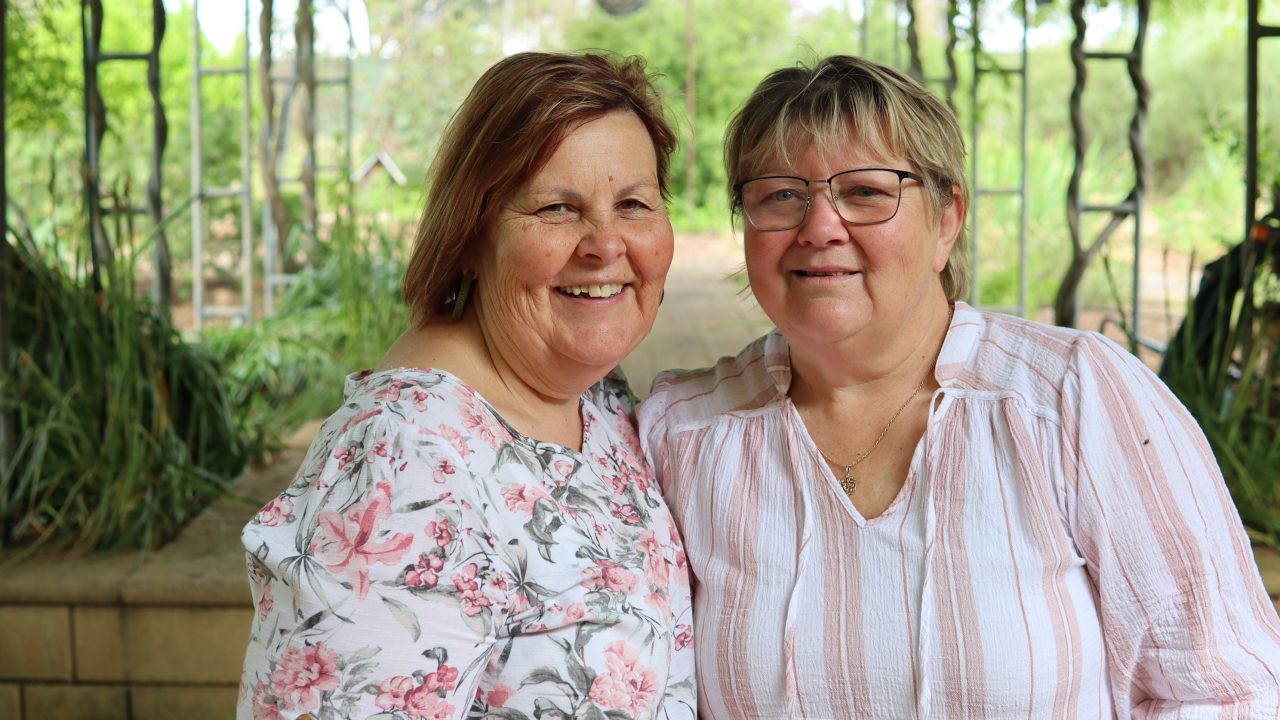Understanding MND
With MNDSA's expertise and comprehensive understanding of this disease, they assess each MND patient periodically as to their needs and make a plan and coordinate with relevant experts (such as EP's/Physios, government agencies such as NDIS and other services including specialists and doctors) and make things happen (due to the nature of MND) within a shorter period of time for a better and dignified life through to the end.
Anton S
While there is much still to learn about MND, we know the MND journey and its impacts are different for everybody.
That is why your care team will have multiple members contributing to your care. This is known as multidisciplinary care and each member will have strategies and suggestions about how best to manage and minimize these impacts, so that you can live as well as possible for as long as possible.
We have several resources available to help you understand what MND is. MND Explained is an easy to read downloadable booklet about MND. If you would like hard copies please contact MNDSA. Other useful information can be found here.
The MNDSA team comprises Support Coordinators, Occupational Therapists, and an Allied Health Assistant. Speak to a member of the MNDSA team about changes in your physical needs such as:
- Moving about
- Energy
- Breathing
- Sleep
- Maintaining body warmth
- Pain, stiffness, and cramps
- Neck strength
- Hand and arm function
The team will be able to advise you on strategies and equipment that will help minimize the impact of these changes.
Your Occupational Therapist (OT), Speech Therapist and MND Support Coordinator will have useful strategies and suggestions, and may recommend assistive technology to help with communication including:
- Speech
- Facial expressions
- Hand gestures
- Body language
- Writing
- Typing
They will also be able to provide equipment and strategies to support independence for as long as possible (and support those who are caring for you to do this as safely as possible) including personal care needs such as:
- Going to the toilet
- Bathing
- Washing your hair
- Getting dressed and undressed
You are encouraged to speak to your General Practitioner (GP) or Neurologist who will be able to help or refer you to the appropriate service if you have emotional needs such as:
- Feelings of anxiety and depression
- Worrying
- Uncontrolled crying or laughing
- Physical intimacy
MNDSA has programs that can assist to link you to others who are having similar experiences as you.
Members of the multidisciplinary team, such as occupational therapists, speech pathologists and dieticians will be able to assist with strategies, suggestions, and specialised equipment to help with changes to eating and drinking including:
- Cooking
- Using crockery and cutlery
- Holding a cup or glass
- Chewing and swallowing
- Diet and weight
MNDSA has a broad range of specialist equipment available to you to assist your comfort including:
- Chairs
- Beds
- Working light switches, appliances, and computers
- Using the phone
- Carrying









